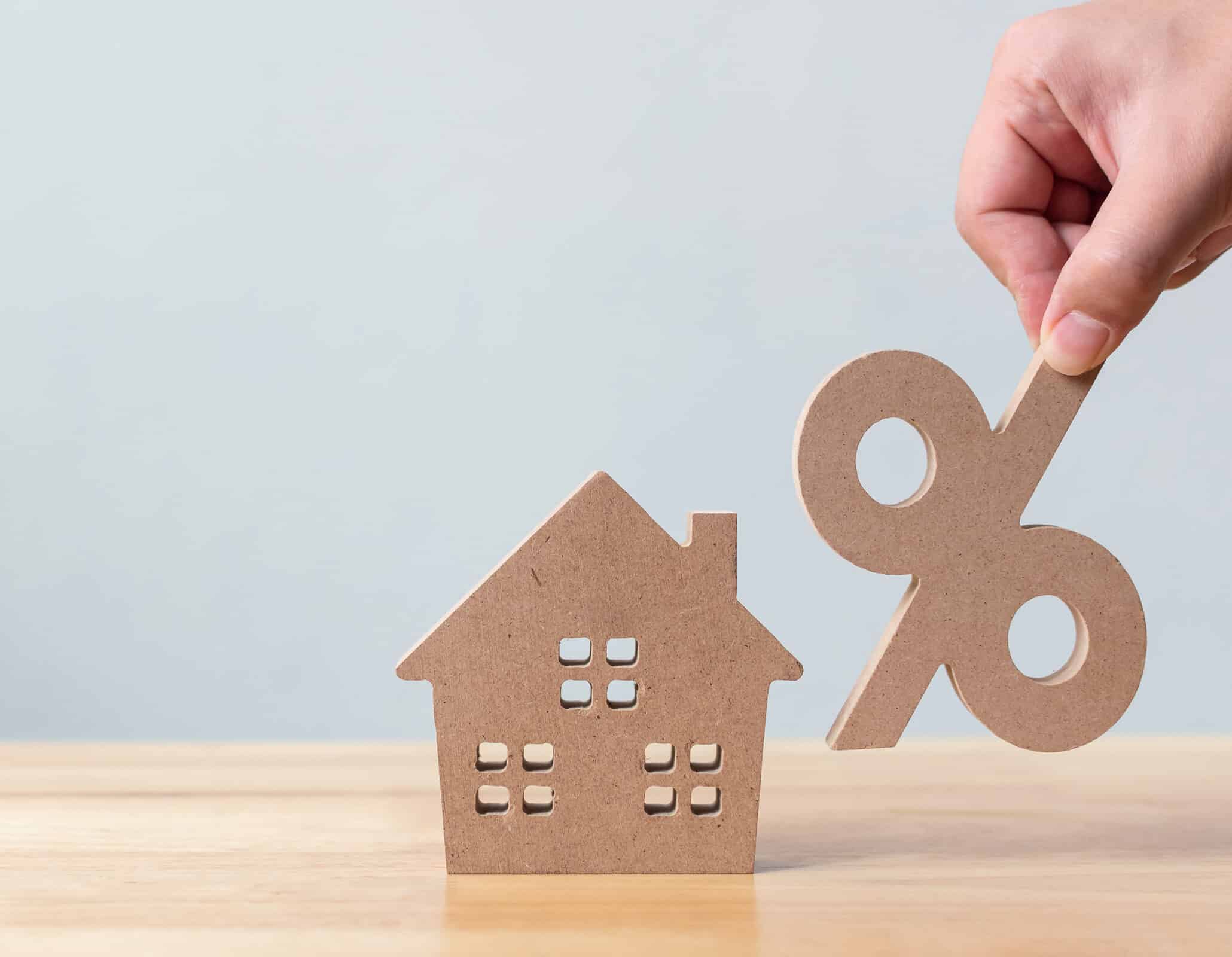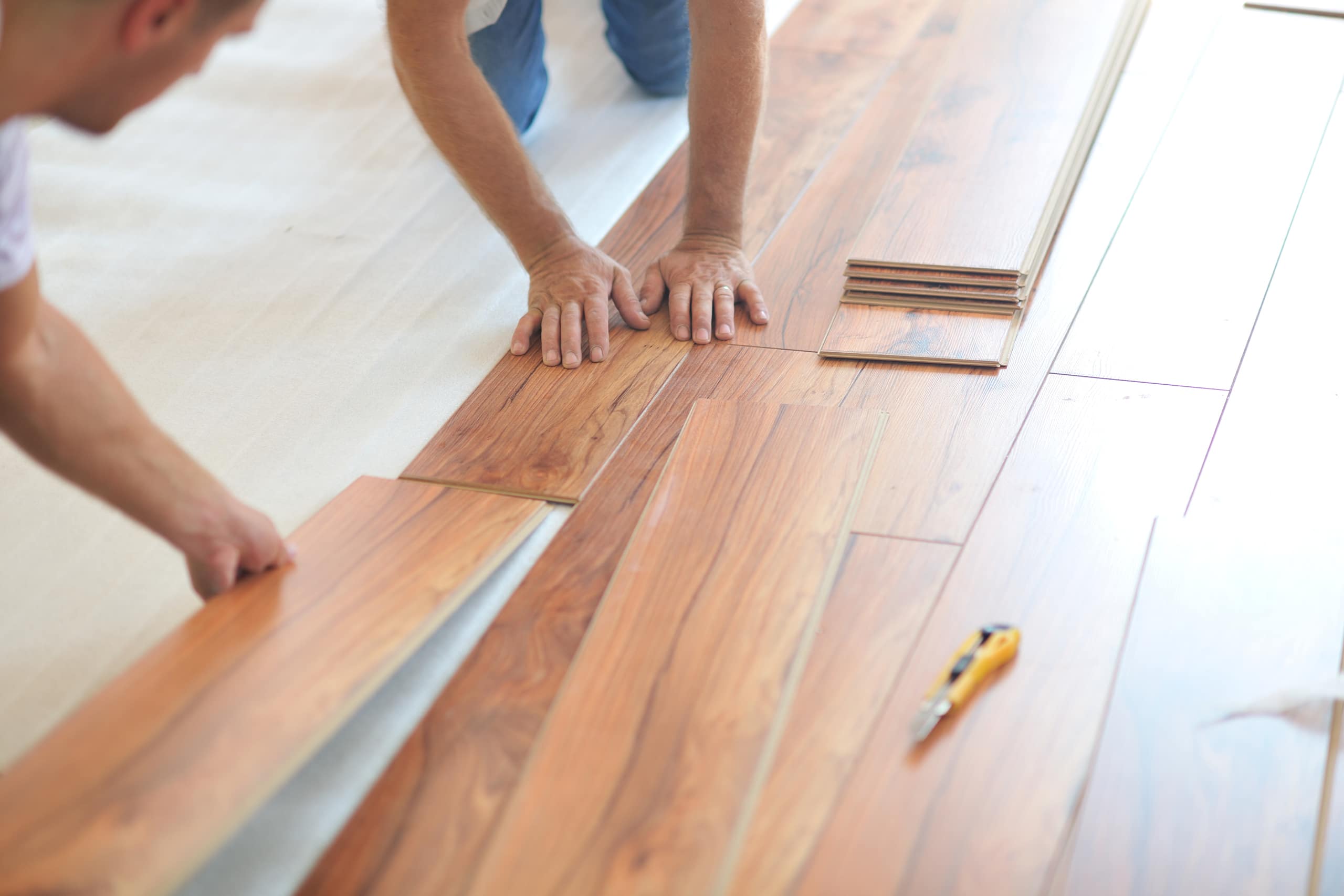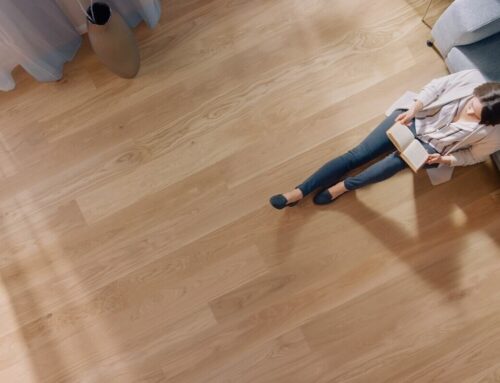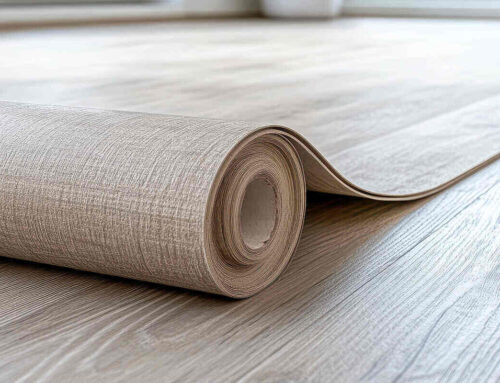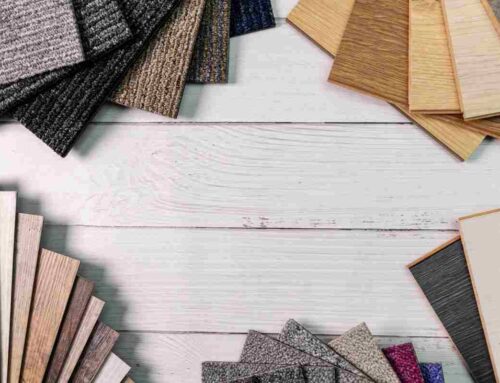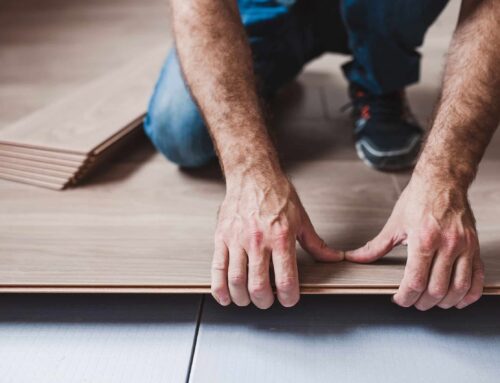Beautiful, durable, and low-maintenance, luxury vinyl flooring is among the most rewarding home upgrades. It is also one of the most cost-effective—at $2 to $8 for luxury vinyl planks.
Given the upfront cost of installing new luxury flooring in Chesapeake, VA, it’s only natural to wonder, “Is new flooring tax deductible?” Luckily, you may write off the cost of installing a new floor in your home, but it’s subject to strict conditions.
Dig in as we explain how to maximize your tax benefits after a luxury vinyl flooring installation in Chesapeake, VA.
Understanding Tax Deductibility of Home Improvements
The Internal Revenue Service (IRS) offers guidelines to help property owners claim tax deductions on home improvements. Adhering to these requirements can help you reclaim up to 100% of your costs after installing luxury vinyl flooring in your home.
General Criteria for Tax-Deductible Home Improvements
The Internal Revenue Service (IRS) is quite categorical on what qualifies as tax-deductible home improvements. A home upgrade is tax deductible if it—boosts the home’s value, extends its lifespan, or adapts the home to new use.
Most notably, you may not claim the tax deductions on home upgrades if you only use the home as a personal residence. The home must have a commercial element before you can enjoy the tax write-off. It must double as your home office or a vacation rental property.
Some home improvements eligible for tax deduction include:
- Increasing the home’s livable space
- Upgrading to an efficient HVAC system
- Installing a new plumbing or wiring system
- Adding a deck, porch, or patio
- Upgrading to built-in appliances
- Installing a new driveway
All tax-deductible home upgrades must be permanent. Suppose you install a new hardwood floor only to replace it with new luxury vinyl flooring. In that case, the hardwood floor isn’t tax deductible. The premise is that a home upgrade is only eligible for a tax write-off if it counts towards the home’s tax basis.
However, any expenses you incur to keep your home in excellent condition aren’t tax deductible. That includes regular repairs and maintenance, such as fixing a leaky roof, patching the driveway, or replacing loose roof shingles.
Specifics of Flooring and Tax Deductions
You may write off the cost of installing a new luxury vinyl flooring if it meets the set criteria for tax-deductible home improvements. The IRS considers floor installations capital upgrade—a durable enhancement that improves the home value, usability, or adaptability.
Flooring upgrades often involve permanent changes to make your home more comfortable, safer, or suitable for a specific group, maybe older people.
Scenarios Where New Flooring May Be Tax Deductible
Typically, installing new flooring isn’t tax deductible if you only use your home as a personal residence. However, there are three instances when the IRS may allow you to deduct the cost of your new hardwood, tile flooring, or even wall-to-wall carpet from your taxes.
Home Office Improvements and Deductions
If you have a proper home office or a dedicated working space exclusively for running your business, any renovations to improve this space are tax deductible. You may claim 100% of your home office renovation, but only if you have fully registered business and provide supporting documentation with your tax returns. You may improve your workspace by installing new flooring, upgrading the windows, fixing the lighting, or painting the walls.
When you run your business from home, some essential repairs and improvements may be partially tax deductible. The primary idea is that your property must be fully functional to help you successfully run your business from it.
According to the Internal Revenue Service, 10% of your home-related expenses are tax deductible if your home office takes up 10% of your home space. You may claim the tax deductions the same year you complete the home renovation.
Rental Property Renovations and Tax Benefits
If you’re a landlord, you may claim a tax deduction on any improvements or additions to rental investment property. Moreover, tax-deduction eligibility is separate from the upgrades, adding significant value to the rental property. Think of it as the IRS rewarding you for making the property livable for your tenants.
You may claim the deductions the same year you install new flooring for a rental property, subject to meeting two conditions. First, the renovations must be reasonably priced, and second, they must be necessary for making the property habitable for your tenants.
You may also write off your new luxury vinyl flooring and other home upgrades if you temporarily rent out your home. Unlike a landlord, you can’t write off the entire renovation costs. Instead, you’ll need to prorate the cost deductions to the amount of home space and the number of days you rent out the home. You may claim these deductions if you rent out a single room or the entire house.
You must understand that home repairs and improvements have a different claim process. During the tax year, you may deduct the total cost of a home repair job, such as fixing a leaky roof. Still, you can subtract the cost of replacing the roof over several years.
Selling a Home and Capitalizing on Improvements
Installing new flooring when planning to sell your house is a smart move. The upgrade boosts the home’s value and is tax deductible. The IRS considers any permanent home upgrades that increase a home’s resale value tax deductible. The costs of such upgrades increase your tax basis and reduce the tax amount when selling the home.
However, you may only claim the home renovation costs—large or small— in the following tax year, not the one in which they were installed. Depending on your local regulations, annual repayments on a home improvement loan are fully tax deductible.
Maximize Your Home’s Value with Yates Flooring VA
Upgrading your home with high-quality flooring may boost your home’s resale value by up to 5%. At Yates Flooring, we help homeowners install custom floors tailored to their unique needs while maximizing the property value. From laminates and luxury vinyl to engineered hardwood and solid hardwood floors, our experts will help you pick the best flooring for your home.
Moreover, our exceptional craftmanship ensures a flawless installation process to ensure that your new floor serves you consistently for years and lives out its lifespan. Our team will help you choose a flooring option that matches your budget and lifestyle to help you transform your space into a dream home.
Ready to upgrade your flooring in Chesapeake, VA? Schedule a free consultation today!

